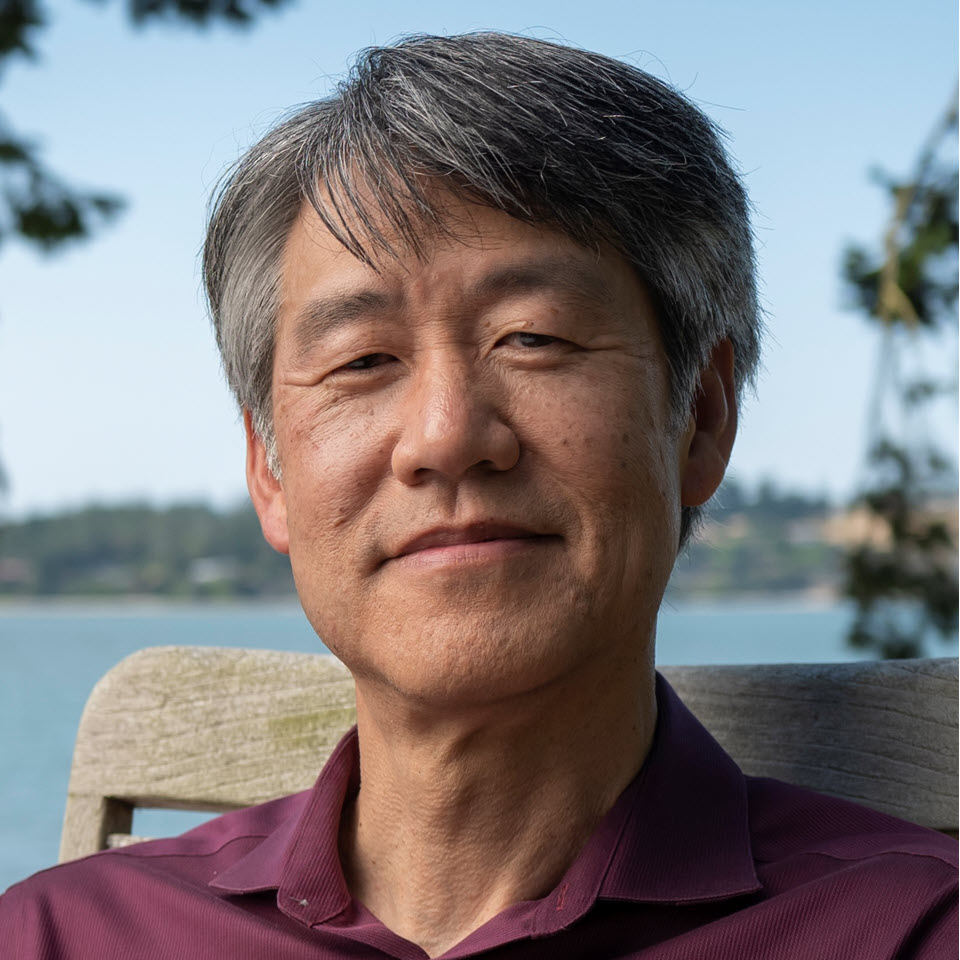Biography
President, Microsoft Research
Dr. Peter Lee is President, Microsoft Research at Microsoft. He leads Microsoft Research and incubates new research-powered products and lines of business in areas such as artificial intelligence, computing foundations, health, and life sciences. He speaks and writes widely on science and technology trends. Before joining Microsoft in 2010, he was at DARPA, where he established a new technology office that created operational capabilities in machine learning, data science, and computational social science. Prior to that, he was a professor and the head of the computer science department at Carnegie Mellon University. Dr. Lee is a member of the National Academy of Medicine and serves on the Boards of Directors of several institutes for the Allen Institute for Artificial Intelligence, the Brotman Baty Institute for Precision Medicine, and the Kaiser Permanente Bernard J. Tyson School of Medicine. He served on President Obama’s Commission on Enhancing National Cybersecurity and led studies for PCAST and the National Academies. He has testified before both the US House Science and Technology Committee and the US Senate Commerce Committee. With Carey Goldberg and Dr. Isaac Kohane, he is the coauthor of the book, “The AI Revolution in Medicine: GPT-4 and Beyond.”
Q&A
If you could go back in time and give yourself career advice, what would you say?
The career advice I would give is summed up well by the author Stephen Covey: “When you show deep empathy toward others, their defensive energy goes down, and positive energy replaces it. That’s when you can get more creative in solving problems.” Empathy enables you to engage with others with more attention, care, authenticity, and effectiveness. It turns you into a storyteller instead of a lecturer and an inspiring team member instead of simply a manager.
What inspires you in your work?
In a great research environment, there are days when I walk into the labs and I think I’m walking into the future; the ideas and inventions sometimes have that air of inevitability. The constant stream of bright students who come to learn and work also inspires me.
What would people close to you say are your best and worst qualities?
According to my wife, my best quality is that people tend to believe everything I say (and I’m not in politics). My worst quality is that people tend to believe everything I say (and I’m not in politics).
What's your secret vice?
I am a gambler. I am always happy when I can sneak away for some poker.
